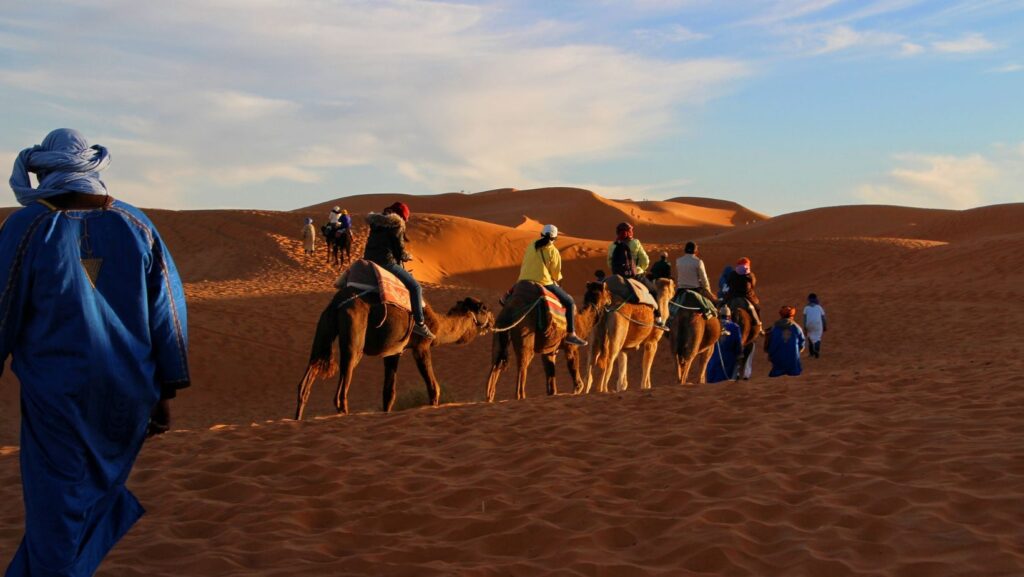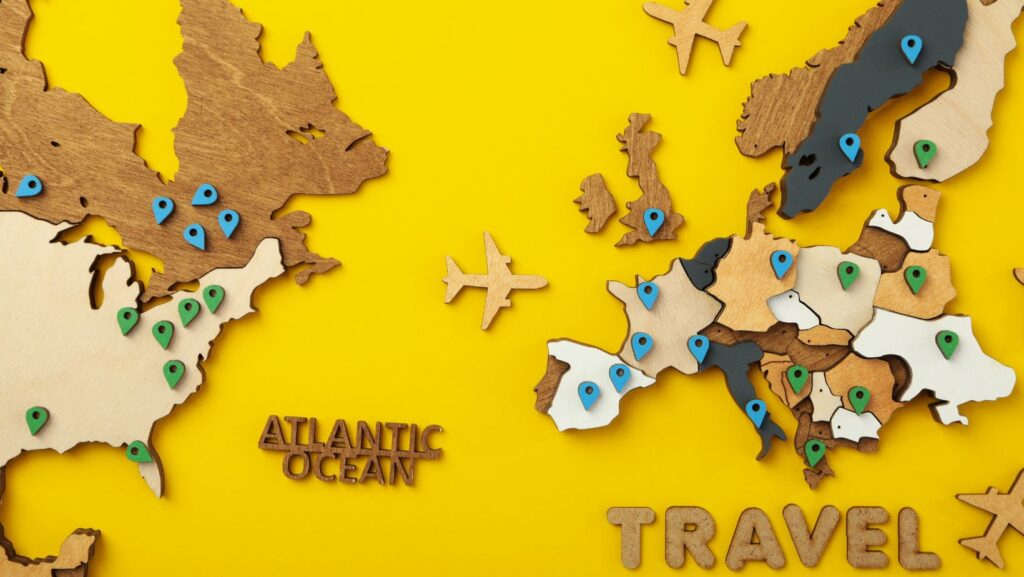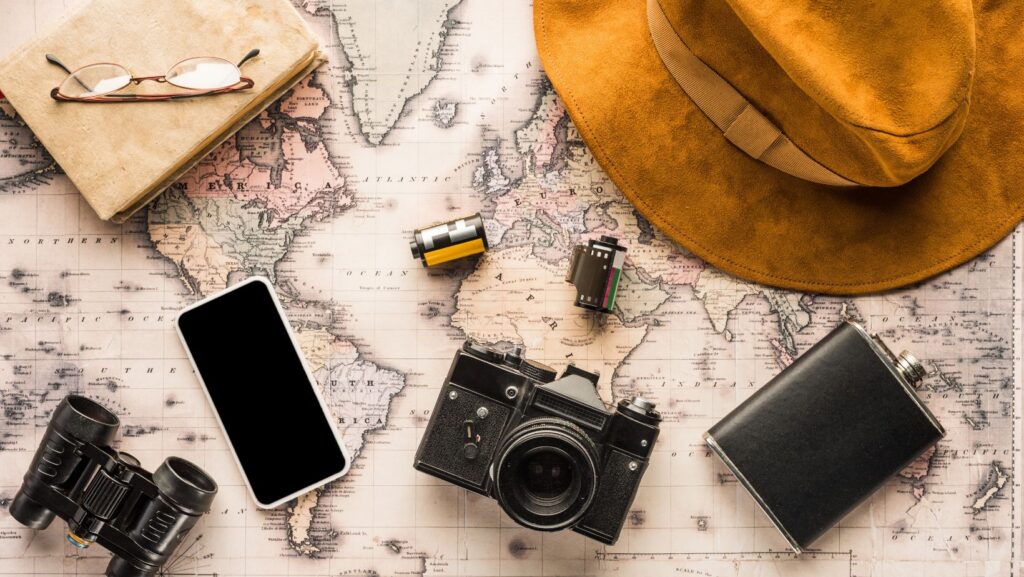Who Owns Overseas Adventure Travel
As an expert in adventure travel, I delve into the intriguing question of who truly OWNS overseas adventure travel. Who owns overseas adventure travel? The ownership of such experiences is not as straightforward as one might think. While many companies offer overseas adventure travel packages, the concept of ownership in this context extends beyond mere financial investment.

When considering who owns overseas adventure travel, it becomes evident that a collective ownership exists among travelers, tour operators, local communities, and even the destinations themselves. Who owns overseas adventure travel? Travelers own their experiences through the memories they create and the impact they leave on the places they visit. Tour operators play a significant role in crafting these adventures but do not solely possess ownership.
Moreover, local communities hold a stake in overseas adventure travel through cultural heritage preservation and sustainable tourism practices. Destinations themselves also assert a form of ownership by showcasing their natural beauty and historical significance to visitors worldwide. Navigating this multifaceted ownership landscape is essential for understanding the true essence of overseas adventure travel. For tour operators, implementing efficient strategies to manage tour operations is also crucial in delivering seamless experiences to travelers.
The Genesis of Overseas Adventure Travel
Embarking on a journey to explore distant lands has always captivated human imagination. The genesis of Overseas Adventure Travel can be traced back to the early expeditions undertaken by intrepid explorers like Marco Polo, who traversed the ancient Silk Road connecting the East and West. These voyages laid the foundation for modern adventure travel, sparking curiosity about far-flung destinations and igniting a spirit of discovery.

As transportation evolved and global connectivity increased, adventurers sought out new frontiers beyond their borders. In the mid-20th century, with advancements in air travel making international trips more accessible, a surge in interest arose for immersive cultural experiences in exotic locales. This shift marked a turning point in travel history, giving rise to specialized tour operators catering to those craving authentic encounters with diverse cultures and landscapes.
The concept of Overseas Adventure Travel as we know it today blossomed from a fusion of wanderlust, cultural exchange, and sustainability. Enthusiasts yearned not just to visit landmarks but to immerse themselves in local traditions, savor regional cuisines, and forge genuine connections with indigenous communities. This holistic approach revolutionized conventional tourism by emphasizing meaningful interactions over passive sightseeing, setting a new standard for ethical exploration.
In an era where technology has made the world more interconnected than ever before, the allure of overseas adventures continues to grow. As travelers seek transformative experiences that transcend mere vacationing, the essence of Overseas Adventure Travel lies not only in traversing foreign lands but in embracing the unknown with open minds and adventurous spirits. This evolutionary journey mirrors our innate curiosity and quest for understanding different ways of life across the globe.
Adventure awaits those willing to step outside their comfort zones and embrace all that Overseas Adventure Travel has to offer. From scaling rugged peaks to delving into vibrant marketplaces brimming with local treasures, each expedition beckons with promises of self-discovery and cultural enrichment unlike any other form of travel experience.
Current Ownership Structure
In the realm of overseas adventure travel, ownership structures can be diverse and complex. Let’s delve into the current landscape to understand who holds the reins in this thrilling industry.

Major Players and Investors
- Travel Corporations: Big players like TUI Group and Carnival Corporation have a stake in adventure travel companies.
- Private Equity Firms: Entities such as KKR & Co. Inc. have invested in various adventure travel businesses.
- Family-Owned Enterprises: Companies like Abercrombie & Kent, owned by Geoffrey Kent, maintain a significant presence.
Strategic Partnerships
- Collaborations with Airlines: Adventure travel firms often partner with airlines to offer seamless experiences for their clients.
- Hotel Chains Tie-Ups: Establishing partnerships with hotel chains ensures accommodation standards meet traveler expectations.
- Local Operators Integration: Engaging local operators adds authenticity to adventures while supporting regional economies.
Emerging Trends
- Sustainable Practices Emphasis: More owners are focusing on eco-friendly initiatives to preserve natural wonders.
- Digital Transformation: Owners are leveraging technology for booking platforms, virtual tours, and personalized customer experiences.
As we dissect the current ownership structure of overseas adventure travel, it’s evident that a mix of established entities and evolving trends shape the industry’s landscape. Keep an eye on how these dynamics continue to influence your next daring escapade!
